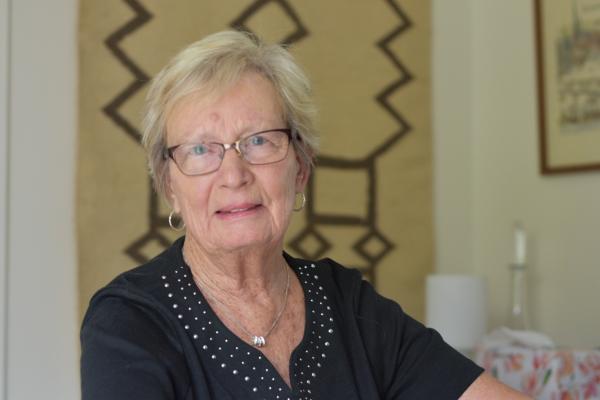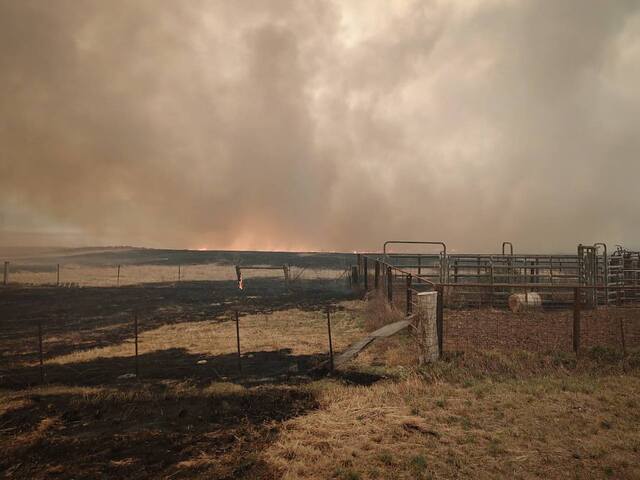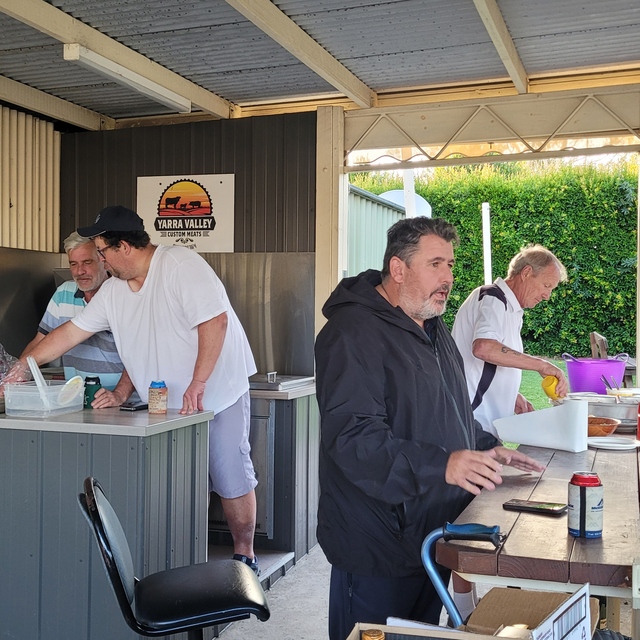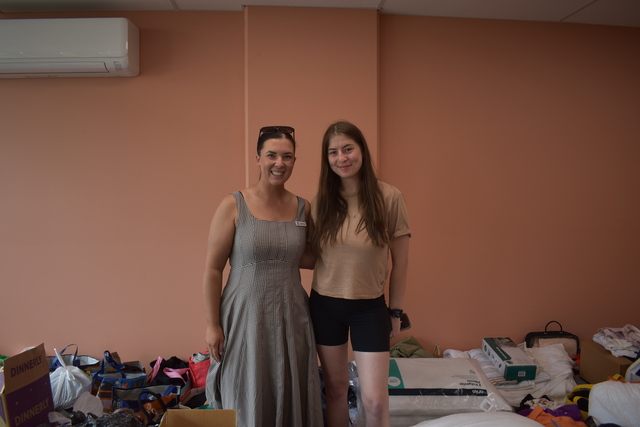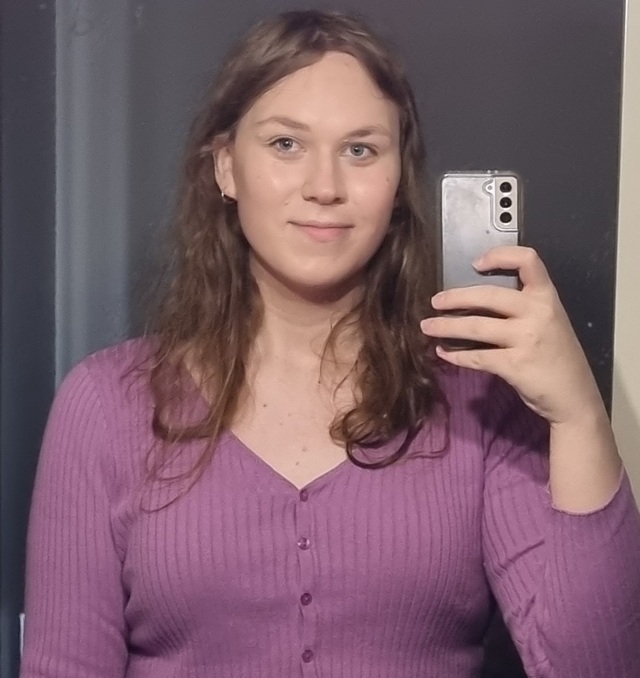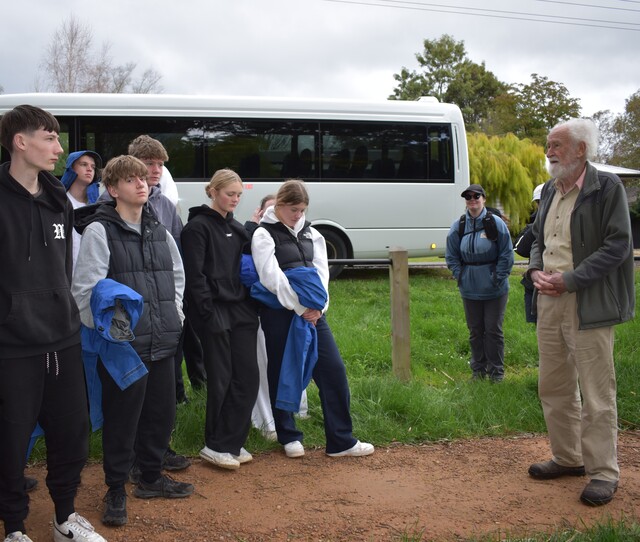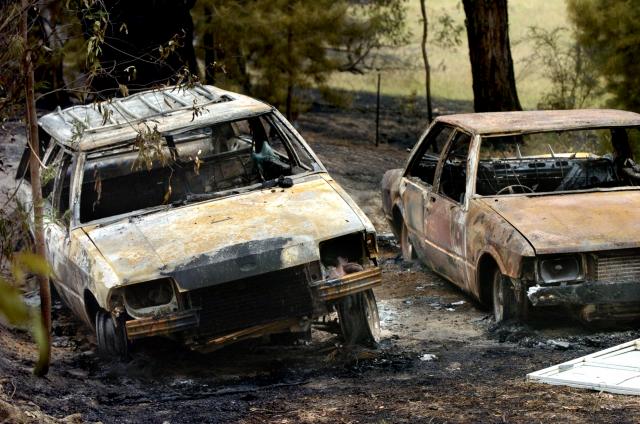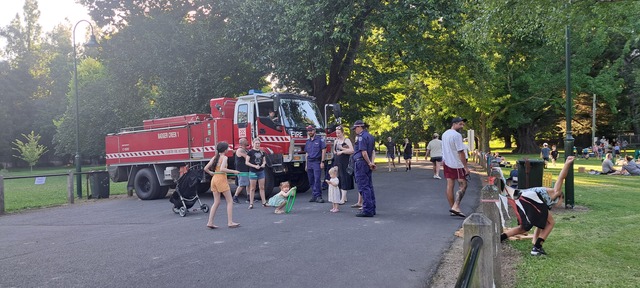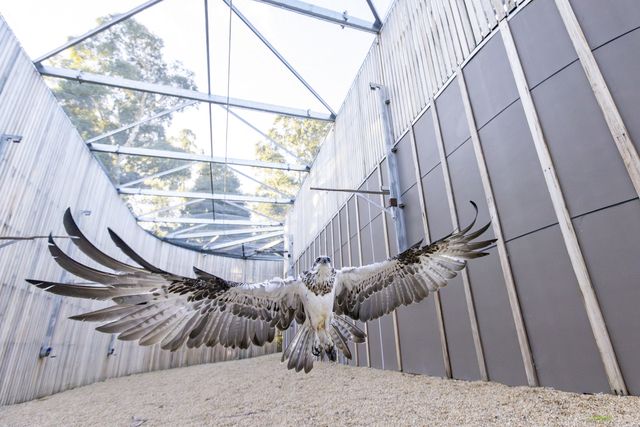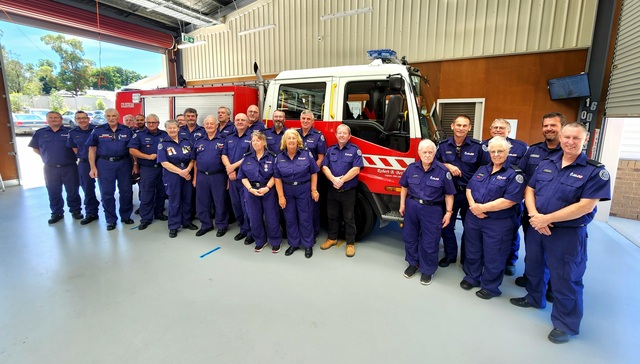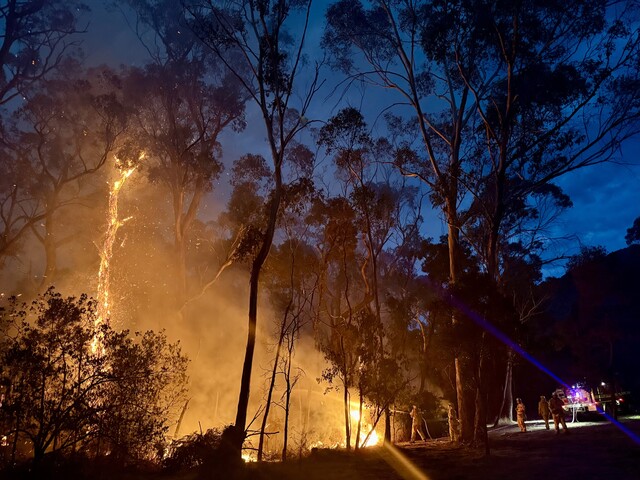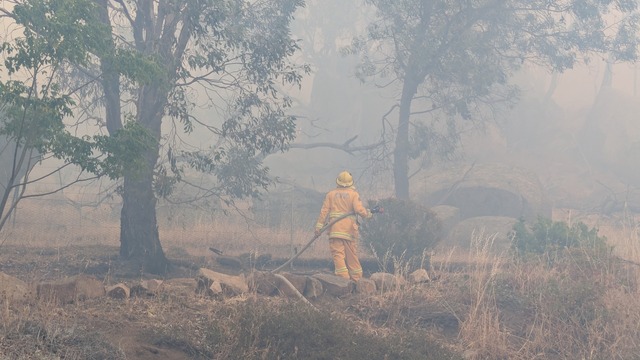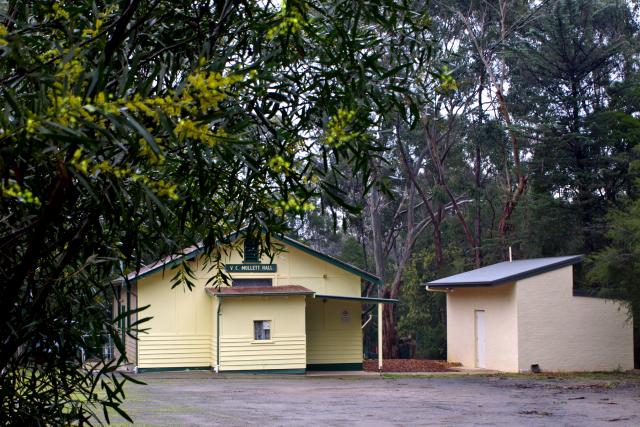Mooroolbark resident Lis Guldager-Nielsen was awarded an Order of Australia Medal for her service to the community of Lilydale as part of the Australia Day honours.
Ms Guldager-Nielsen was a foundation volunteer for the Lilydale Citizens Advice Bureau (now CIS Yarra Ranges) and served a variety of roles such as management committee member and centre cordinator between 1981 and 2018.
In 2013, Ms Guldager-Nielsen was an inductee to the Community Information and Support Victoria’s (CISVIC) honour roll for her role on the management committee of CISVIC in the 1990s. She spent 20 years as an organiser for the Outer Eastern Free Legal Advice Service run weekly at the Mooroolbark Community Centre.
“When you volunteer, you don’t look for the reward. The reward is in what you do in whatever work you do,” she said. “It is still nice, in my case, after so many many years it has been recognised. I feel happy and pleased about it.”
Ms Guldager-Nielsen said volunteers form the “backbone” for services such as the Citizens Advice Bureau (CAB) to operate.
“It’s not a one person job. Over the years the CAB had outstanding volunteers who were totally committed and genour with their time, doing whatever jobs needed to be done,” she said.
Ms Guldager-Nielsen said Victoria is the only Australian state who utilise the services of a CAB.
“It was an idea coming from Britain before the Second World War broke out. Where in Britain they felt that with the men being in the army, the women needed support particularly with social services and that’s what was behind it.
“Here in Victoria, in the 60s we got the same idea and thought it’d be a good thing here and in 1981 the Shire of Lilydale (Now Yarra Ranges) decided that the area out here needed something like that.
“A community information and support service that was free, confidential, independent of any other organisation like churches or the state and an organisation that always represented the clients right to choose.”
Ms Guldager-Nielsen’s late husband was on the steering committee in 1981 and suggested it would be of interest. She says she takes pride in the fact that it is still going to this day.
“It’s not something you go into and say ‘I’d like to give two hours a week’, there was a lot of training in it… Once I was in it and grew with it, it sort of became something that I liked to do.
“We had to start from nothing really, and it was a hard slog to get the information up and running and to get the whole thing rolling. But we persevered and over the years we grew and became better known and more respected because the services we provided were a good service and people felt like they could come to us.”
Ms Guldager-Nielsen shared how the CAB could help someone in need.
“I had a call one day many, many years ago from a man who had just lost his father and didn’t know what the next step was. And at that time you were not really in a position where you could make practical decisions and he needed information on where to go from here.
“And that is the sort of thing we could do, we’d say, this is what you should do, this is the next step you can take. You could sit down and have a cup of tea with the person and talk about it.
“We didn’t solve people’s problems, but referred them on to the proper organisations and other person’s who could help them. Our volunteers had the information and the skills to listen and identify the problems.”

